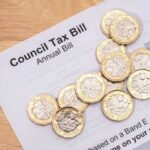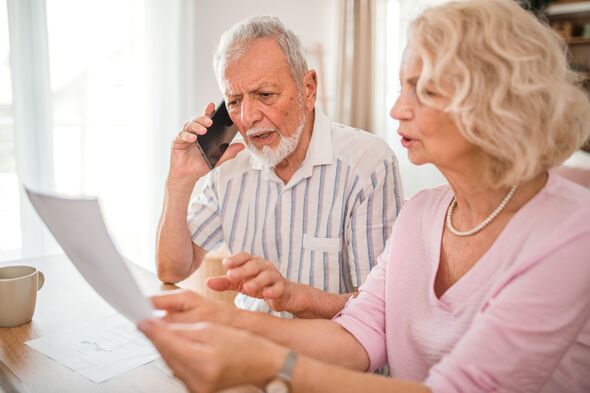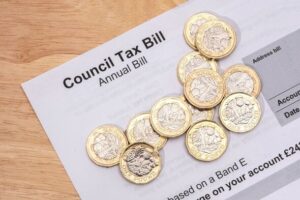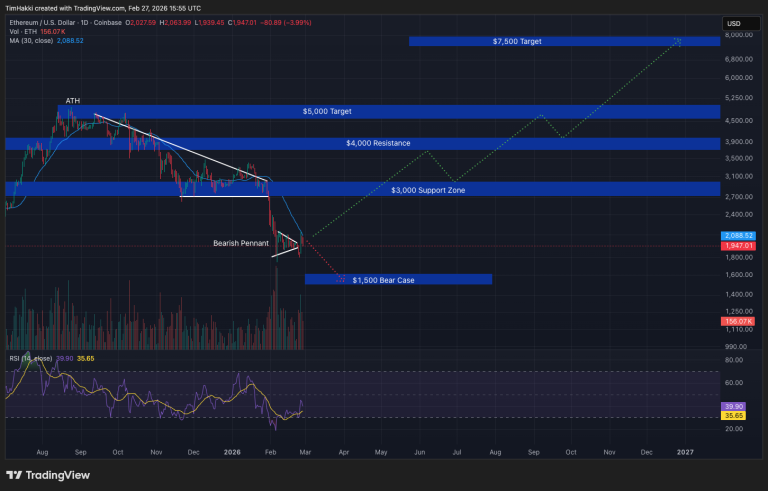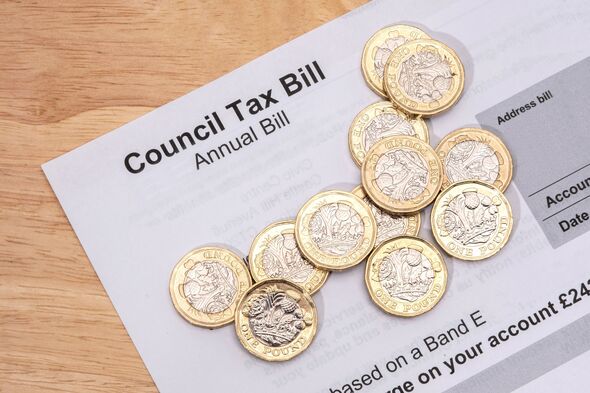
The HMRC boss has blamed a rush of pensioners concerned about the need to pay income tax for poor customer service and long wait times on its call centre lines.
A decision to freeze the threshold at which people start paying tax at £12,570 means more retired people, who receive the state pension and a small income from elsewhere such as a private pension, are being hit by a tax demand.
Similarly, the freezing of the 40 percent income tax band at £50,270 means a rising number of the elderly are being pulled into this higher rate through so-called fiscal drag.
Sir Jim Harra was questioned by the Public Accounts Committee (PAC) on Thursday on HMRC’s notoriously poor call record on call centre performance and the long wait people have to endure.
He defended the organisation’s performance by suggesting the problems were caused by a rising workload caused by a higher number of enquiries from taxpayers due to frozen thresholds as well as state pensioners paying tax for the first time.
Sir Jim said: “The state pension has always been a taxable source of income but obviously a combination of the frozen tax allowances and the triple lock mean that more and more state pensioners find that their total income is large enough to be subject to income tax.”
He said the rise in queries meant continued “upward pressure” on HMRC’s services.
Sir Jim added: “That is one of the reasons why our customer service levels have been below where we want them to be.”
The number of retirees paying income tax for the first time is set to rise by 350,000 next year due to the triple lock pledge, which will see the state pension increase by 4.1 percent in April 2025 taking the new state pension up to £11,975
The Government has decided to keep income tax thresholds frozen until 2030, meaning more pensioners’ income will breach the tax-free £12,570 personal allowance.
If someone in receipt of the state pension owes tax but has another source of income, for example from a job or a private pension, HMRC will deduct the amount due via their tax code. However, if it cannot do this, the tax office will collect the amount via Simple Assessment and send a bill to the state pensioner.
Sir Jim told MPs: “We try to minimise the extent to which state pensioners have to engage with the self-assessment tax system. But obviously, as they come on to the tax system for the first time, when they receive those bills from us, that can come as a surprise to them, it’s not something they’ve experienced before, and therefore it can generate contact with us to query what it is or if they’re worried about payment.
“I guess people will become more familiar with that over time but as more and more come in, that is frictional contact that we receive.”
MPs on the Public Accounts Committee have shamed HMRC for failing to meet its customer service targets for several years running. However, Sir Jim said customer service levels were expected to improve following investment from the Government which included 5,000 extra compliance staff.
As well as questioning the tax office’s ability to boost compliance, MPs admonished HMRC for automatically hanging up on taxpayers after 70 minutes.
Last year the taxman cut off 55,922 taxpayers after leaving them waiting on the phone for more than one hour and 10 minutes, according to its annual report.
Myrtle Lloyd, director general of customer services at HMRC, said: “The 70-minute limiter is a technological limiter because at very busy times if you’ve got loads of people waiting in excess of 70 minutes, then it brings the system down.”
But Lloyd Hatton, Labour MP for South Dorset, asked why HMRC could not at least warn callers they would be cut off after 70 minutes.
He added: “It’s a really appalling way to treat customers.”
Ms Lloyd said: “That is something we can review and see if it is possible for us to do that.”
HMRC told the committee that while it was determined to improve customer services, it was sticking to a digital-first strategy where taxpayers are encouraged to use digital services first if they can.






